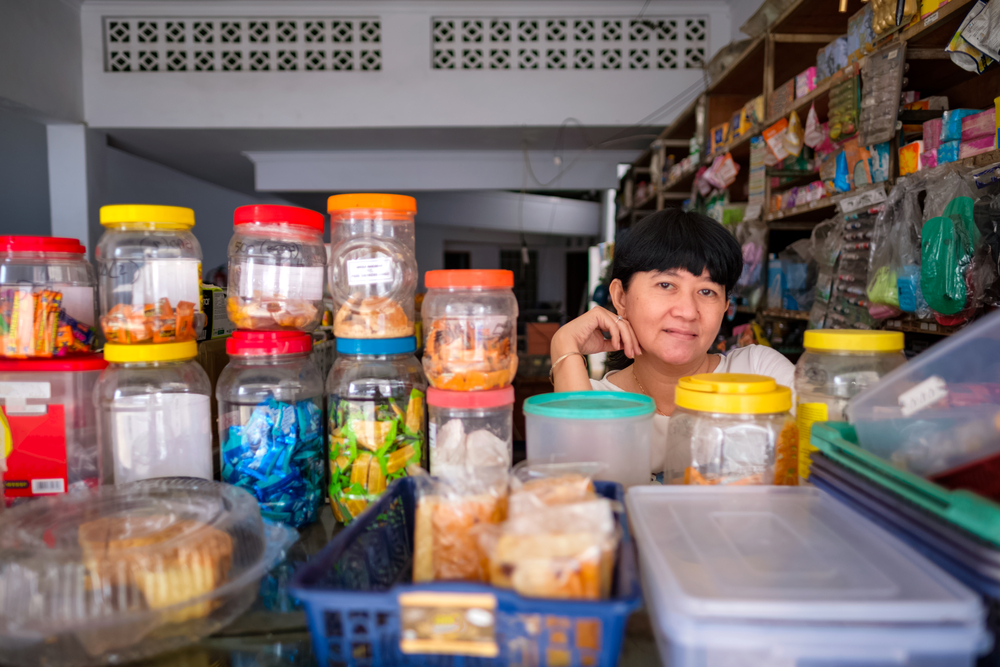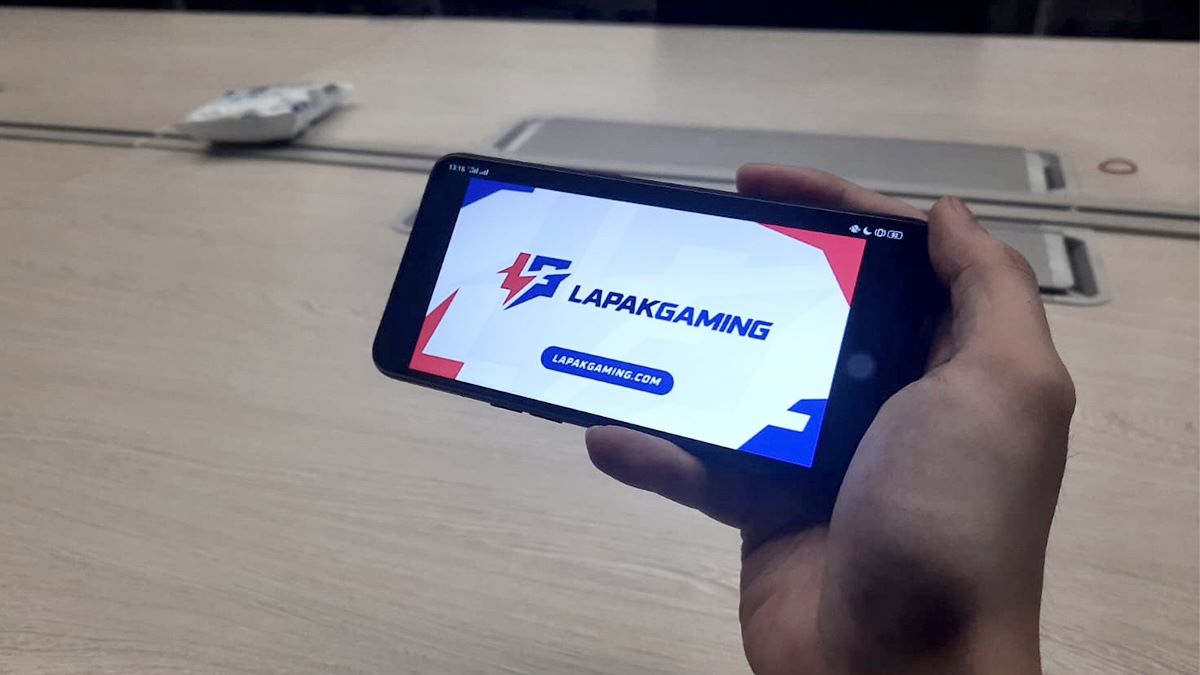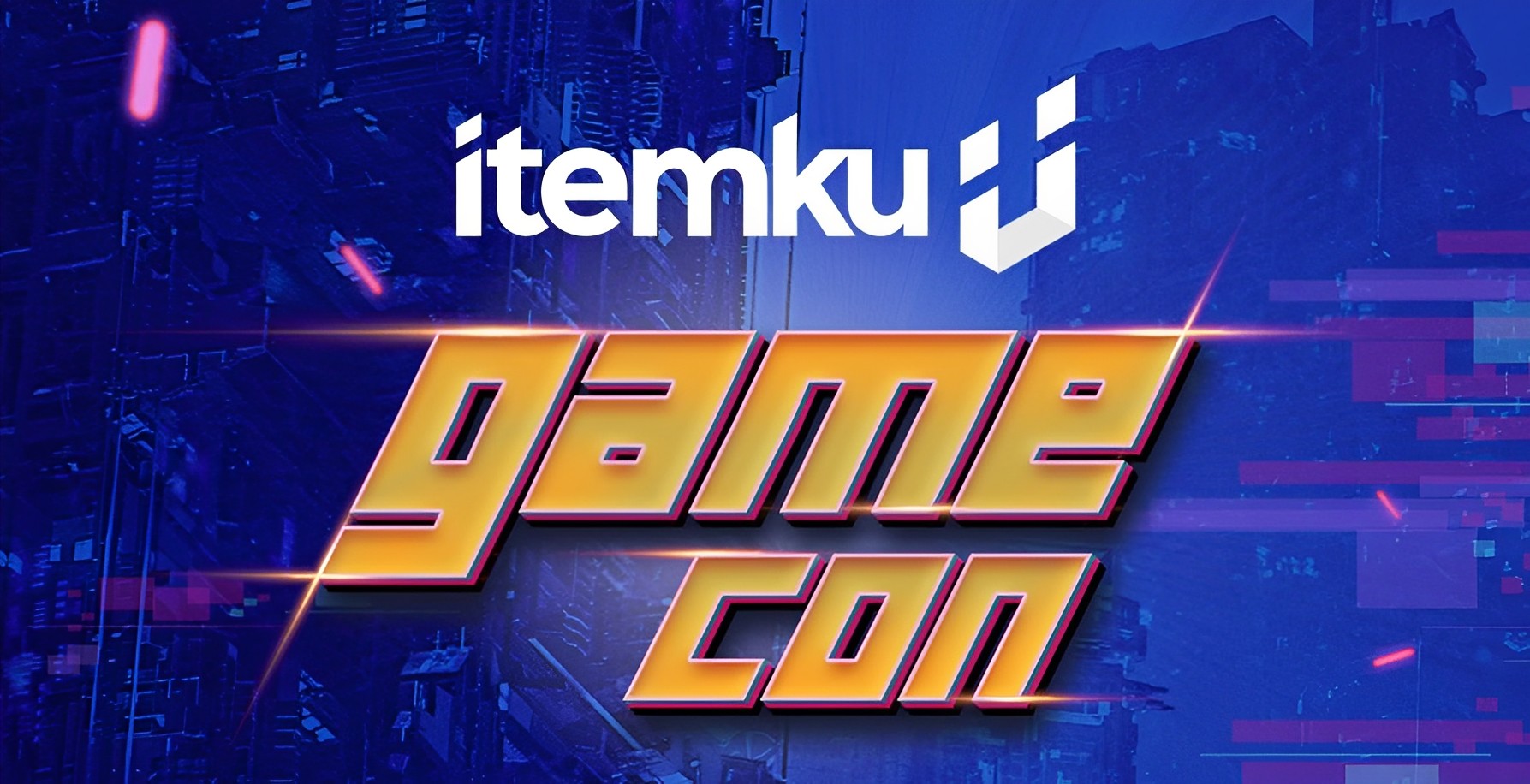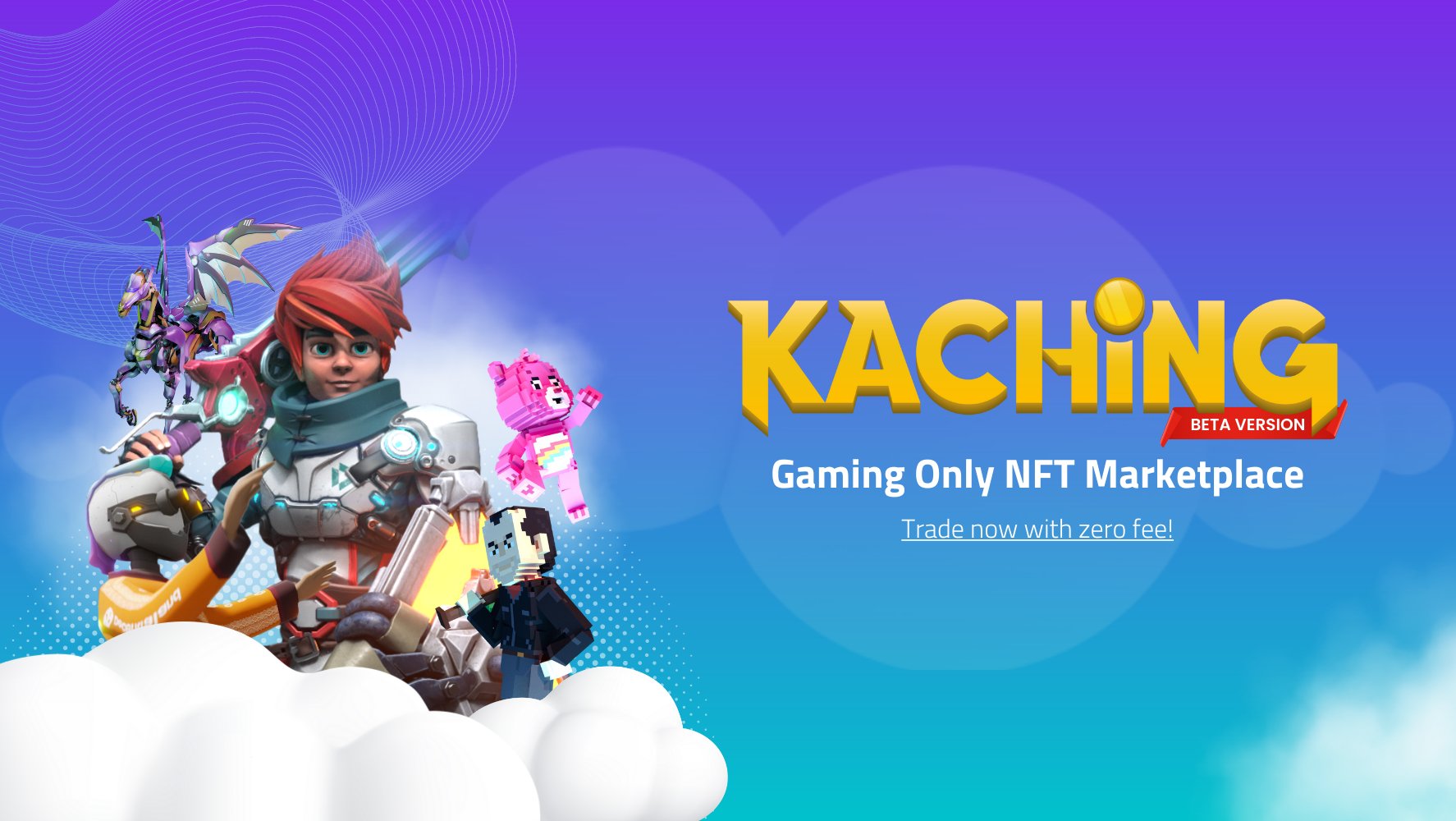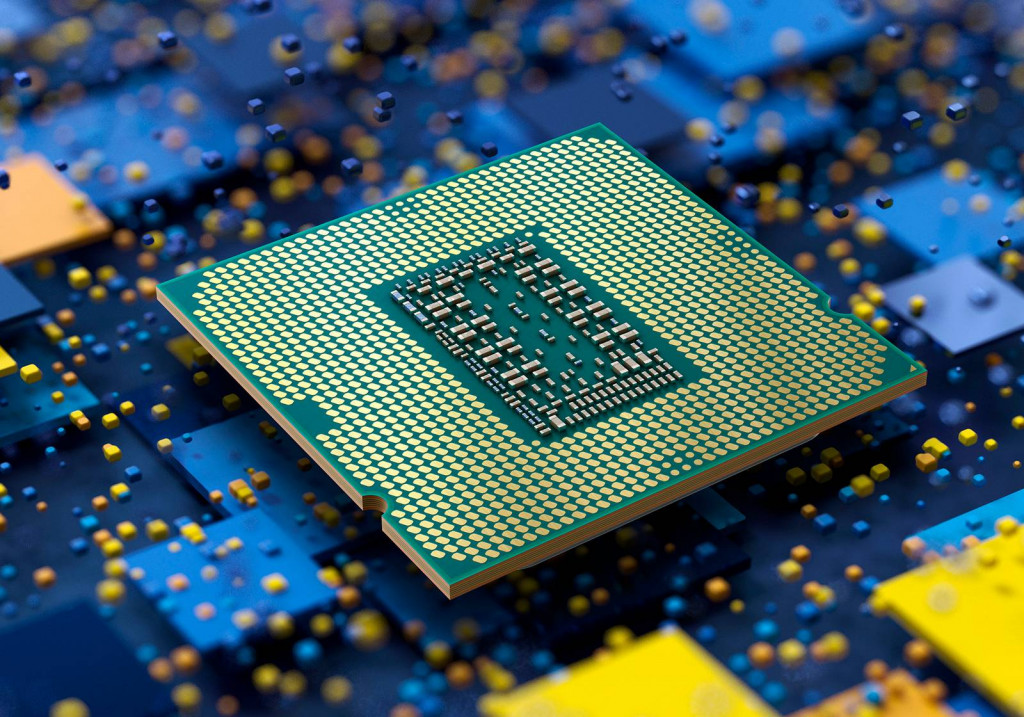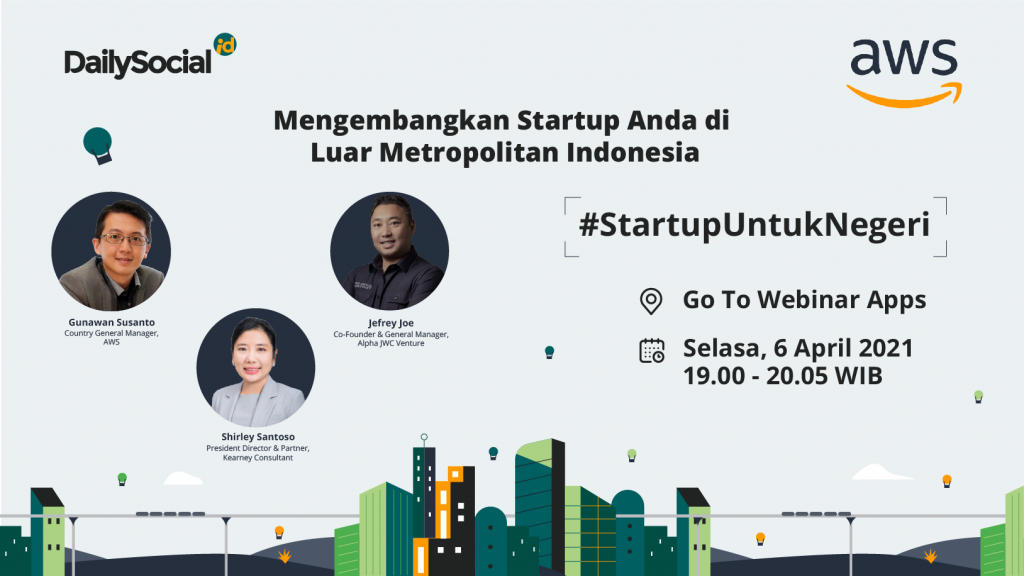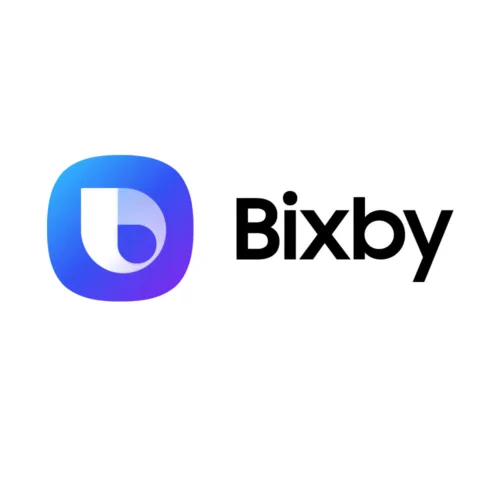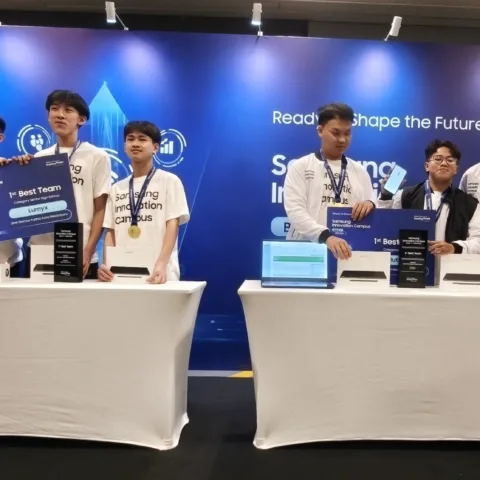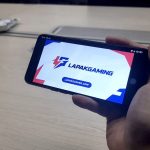With its high contribution to the Gross Domestic Product reaching more than 57,8%, the Micro, Small and Medium Enterprises (MSME) sector not only contributes to the economy, but is also capable to gather majority of Indonesian workforce (Central Statistics Agency/BPS, 2018). However, the perks of having technology is not quite inclusive in this segment.
“Since it was founded, Youtap’s vision is to provide and empower all lines of business, from the enterprise level to MSMEs to achieve their best through digital development. MSMEs have become one focus in developing our all-in-one solutions as Youtap spots a great potential in this sector,” Youtap Indonesia’s CEO, Herman Suharto said.
Meanwhile, according to BukuWarung’s Co-Founder & President, Chinmay Chauhan, MSMEs are not only an economic source, but also important for local communities, especially those who live in rural areas. BukuWarung has formed partnerships with more than 5 million businesses in 750 locations. Most of them function as a place for people to shop for daily necessities and to interact with neighbors.
“The major operational challenge for microbusinesses is their reliance on manual processes for bookkeeping and repayment with customers. We estimate that less than 10% of microbusinesses use any type of digital device to manage their business or accounting.”
From this case, technology companies are trying to play an important role in supporting efforts to digitize MSMEs in Indonesia. Chinmay recommends that they rather focus on how their day-to-day operations, than too focus on innovation and disruption, such as bookkeeping, stock fulfillment and receiving payments, can be made easier and more efficient.
BukuKas’ Co-Founder & CEO, Krishnan Menon learned from his living experience and working in Indonesia, MSMEs are the bread and butter of this country. However, not many technology companies have focused on the needs of this segment. He said to DailySocial that his business is positioned as a digitalization software company for MSMEs that will develop into a fintech player.
“Merchants have realized that going digital is very important for their business. Traders save 2-4 hours a day, 20% costs, and minimize manual calculation errors. We also allow merchants to recover their debt 3 times faster since it’s all automatic.”
Accelerating adoption

In the Social Impact 2020 report released by Bukalapak, MSMEs throughout Indonesia is said to face enormous challenges during the pandemic. Bukalapak is trying to turn this challenge into an opportunity. As the pandemic limits movement, they empower MSMEs capable of offering a wide range of services, from selling groceries and basic necessities, also offering remittances, bill payments and various financial services and other virtual products.
This step allows public to get services from conventional stores registered as Bukalapak’s partners. Until 2020, Bukalapak had added around 4 million Bukalapak vendors and partners. Overall, there are currently 6.5 million sellers (pelapak) and 7 million Bukalapak partners throughout Indonesia.
The pandemic has fasten target users’ acceleration and digital adoption. Chinmay said, MSME’s traditional socioeconomic role in Indonesia is fundamental. Indonesia’s economic potential, which currently experiencing a rapid digitalization during the pandemic, cannot be fully realized if small companies do not immediately taking part in the digital transformation.
“Indonesia is now doubling down on digitizing its companies to be more productive and competitive amid this economic recovery, focusing on a largely underbanked segment such as MSMEs. This is a commendable task but also a monumental one, as there are around 60 million similar businesses throughout the 6,000 islands in the country,” Chinmay said.
One way to focus on accelerating adoption is providing education. Each platform also strives to provide the features users need with easy-to-use technology.
“It is undeniable that the education is easier to do in Jakarta, compared to small cities outside Jabodetabek. In order to provide education easily and inclusively, it is important for players to build simple products to be easily used by traders,” Krishnan said.
With its unique characteristics, the Indonesian market does need a special touch. This is also said by BukuKas team. In order to reach users in small cities, they present an offline mode feature with automatic synchronization when the user is successfully connected to the internet network.
Meanwhile, Youtap sees the benefits of digital technology in helping business players maintain their operational during a pandemic. They are using technology services to increase their sales.
“However, to date, technological adaptation is still not very inclusive in various regions in Indonesia. In fact, if they can adapt, their business can move forward thanks to the ability and fluency of the advanced technology,” said Herman.
SME market potential

Based on BPS data in 2018, the MSME sector is still one of the biggest drivers of the economy at 64.2 million. However, only 16% (Ministry of Cooperatives and MSMEs, December 2020) have been connected to the digital ecosystem.
“Through the large number, the MSME market holds many great opportunities to maximize digital use in its business. Not only limited to business management, but also many other aspects such as marketing, financial management and digital payments, especially with the standardization of QR payments by the Government,” Herman said.
In order to provide the best services and products, BukuKas performs several strategies. One of them is to focus on seeing what their pain points look like and building the solutions required.
“We have the best team with an innovative product culture and DNA that no other player in the market has. This becomes our core strength. We remain focused on traders rather than worrying about competition,” Krishnan said.
BukuWarung claims to be the only player who makes money through payments. In this case, they see the payment adoption as a strategic driver to enable monetization through credit, savings and other financial services at a later stage of the merchant’s business cycle.
“Our focus is more on an in-depth understanding of our merchants to help us stay ahead, it’s proven by how our products and features have become the standard for other players,” Chinmay said.
Meanwhile, Bukalapak still has a vision to build the economy through MSMEs. Starting as a marketplace, Bukalapak has grown into a trading platform serving both online and offline markets.
“In 2016, to ensure that there are no MSMEs left behind, we started to provide solutions to serve the needs of the offline market including stalls, traditional kiosks and individual agents, enabling them to sell beyond FMCG goods,” Bukalapak’s CEO, Rachmat Kaimuddin said.
–
Original article is in Indonesian, translated by Kristin Siagian

